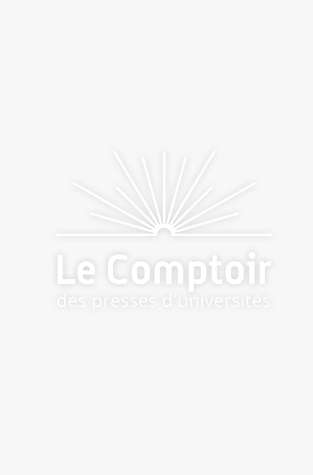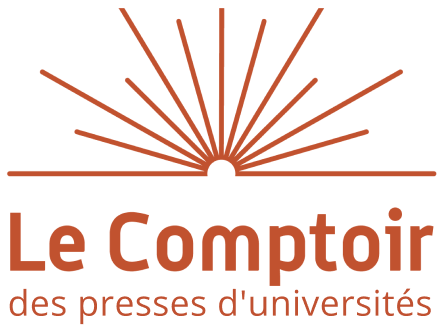Peter Preston, University of Nottingham, "Roman Power : Politics in Etruscan Places."
Natalya Reinhold, University of Moscow, "The Dictator/Dictatrix : An Essay in Lawrence's Views on Cultural History."
Oliver Taylor, University of Durham, "The Letters of the Law : Lawrence's and Bertrand Russell's 'Principles of Social Reconstruction.'"
Juliette Feyel, Université Paris X, "Lawrence and the Nietzscheian Notion of Power."
Keith Cushman, University of North Carolina, "Lawrence, Blair-Hughes Stanton, and the Cresset Press Birds, Beasts and Flowers."
Matthew McNees, University of North Carolina,"Anomalous Modernism : D. H. Lawrence and Langston Hughes."
Marina Ragachewskaya, Minsk State Linguistics, Bielorus, "The Political and the Psychological in D.H. Lawrence's Novel Kangaroo."
Milena Kovacevic, University of Nova Gorica, Slovenia, "The Power of the Self".
Carla Comellini, University of Bologna, "Power as a Theme Which Stimulates Lawrence's Creativity."
Carl Crockel, Seoul National University, South Korea, "Creating a History : D. H. Lawrence and World War I."
Marija Kneževic, Nikšic, Montenegro, "The Power of Culture, the Authority of the Narrator, and the Law of the Narrative : D. H. Lawrence's Kangaroo"
Philippe Romanski, Université de Rouen, "Recreation in 'The Overtone'"
See-Young Park, Hankuk University, South Korea, "Literary Reconstructions of the Past : D. H. Lawrence's Sketches of Etruscan Places."
Brigitte Macadré, Université de Reims, "Perspective and Distortion as Power and Rebellion in a Selection of Works by D.H.Lawrence."
Cornelius Crowley, Université Paris X, "Lawrence and the Antinomian Thrust in Modernism."
Michael Bell, University of Warwick, "Law and the Novel : D. H. Lawrence and Robert Musil"
Noëlle Cuny, Université de Haute Alsace, "Darwinian Law and Aestheticism in The White Peacock"
Kay Kondo, Chiba University, Japan, "Via negativa : Lawrence and the Language of Romanticism."
Dimitar Angelov, University of Warwick, "Subjectivity as Transgression."
Bethan Jones, University of Hull, "Nettling Authority : Reactions to Censorship in Lawrence's Late Poetry'.
Sheila Choudhury, University of Calcutta, "The Hand of the Law : Lawrence and Censorship"
Elise Brault, Université Paris 7, "D.H. Lawrence, a Powerful and Powerless Poet and Prophet."
Leo Salter, Cornwall College, "Lawrence and the Environment ; the Poetics of Honesty and Despair."
Helen Baron, University of Hull, "Authors' Use of Dogs to Intimate Power Relations between Characters."
Jacqueline Gouirand, Université Lyon 2, "Power and the Law in 'The Fox'."
Aleksandra Batricevic, Nikšic, Montenegro, "Power and the Ambiguous World of Gender Politics : the Case of 'Tickets Please.'"
Bea Monaco, University of London, "The Power of the Lurid : St Mawr and other stories."
Romy Sutherland, La Trobe University, Australia, "Chaste Sacrifices : From D.H.Lawrence's The Woman Who Rode Away to Peter Weir's Picnic at Hanging Rock."

